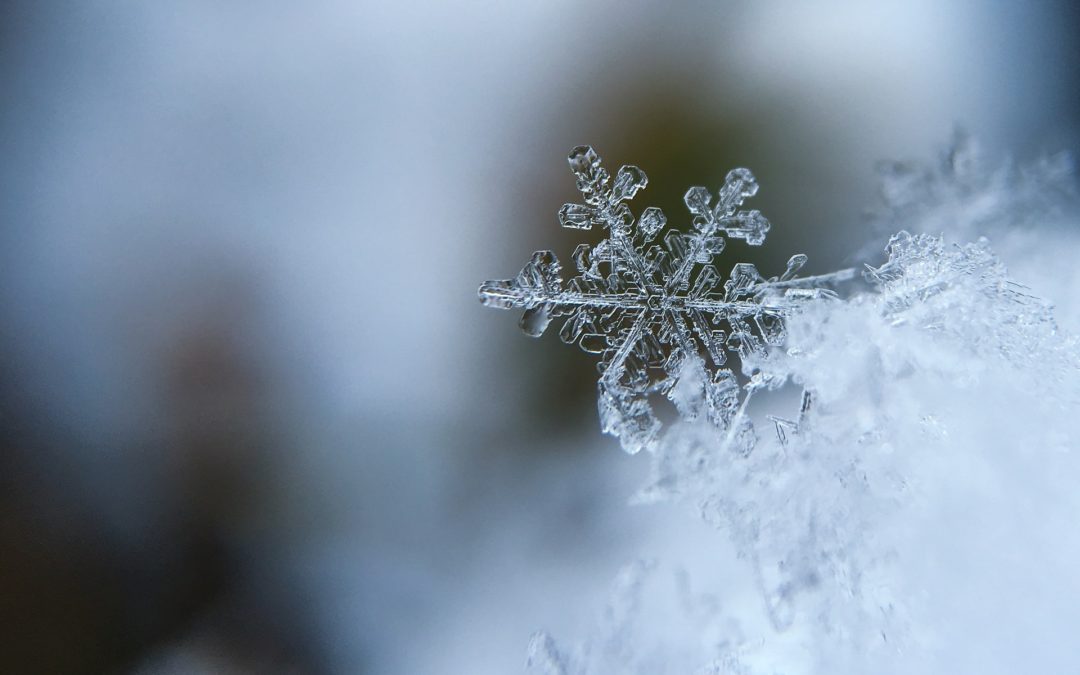Sweater weather is upon us with the changing leaves and that cool crispness in the air. For many, the change in the season is embraced…but for many others it comes with an impending sense of dread.
Seasonal Affective Disorder (SAD) is a form of depression that oftentimes emerges in the fall and continues into the winter months. Usually individuals who suffer from SAD experience mild symptoms to start out, and these symptoms become more severe as the season progresses. While there has been much research conducted on SAD, it is still not known what the exact cause is. Many studies do suggest that this condition occurs when reduced exposure to sunlight triggers a chemical imbalance in the brain. It is believed that SAD affects serotonin, dopamine and other neurotransmitters that control the mood, appetite and energy levels.
The severity, characteristics, and patterns of SAD can vary from person to person. Some may even mistake their symptoms as general laziness during the winter months. If you experience the following symptoms, it may be more than just the winter blues:
• Feeling depressed most of the day, nearly every day
• Losing interest in activities you once enjoyed
• Having low energy
• Having problems sleeping
• Experiencing changes in your appetite and/or weight
• Feeling sluggish or agitated
• Having difficulty concentrating
• Feeling hopeless, worthless or guilty
So what can someone who suffers from SAD do about it? Some ways to combat SAD are through exercise, socializing, and spending more time outdoors. Light therapy is also a healthy and adaptive way to help cope with the impacts of SAD. If your symptoms are severe and you are not able to maintain your daily routines, seeking professional help is another option. Medications or ketamine infusions may be administered to help provide relief.
Recognizing that you are suffering with changes in the season is a huge first step in improving your outlook during the winter months. Don’t ignore any symptoms that you might be experiencing, as seasonal depression isn’t something to be taken lightly. Help is always available, so there is no reason to suffer until the weather changes again.

Contact Ketamine Greater Boston & Ketamine West Hartford
Ketamine Greater Boston and Ketamine West Hartford provide ketamine infusions and esketamine for those suffering from depression in Boston, West Hartford and other areas of the Northeast. Whether you are suffering from seasonal depression or have struggled with clinical depression for years without hope, our clinic may be able to help. Request a free consultation using the form below and learn more about ketamine treatments and nasal esketamine, and find out if you’re a candidate for these life-changing infusions.


Recent Comments